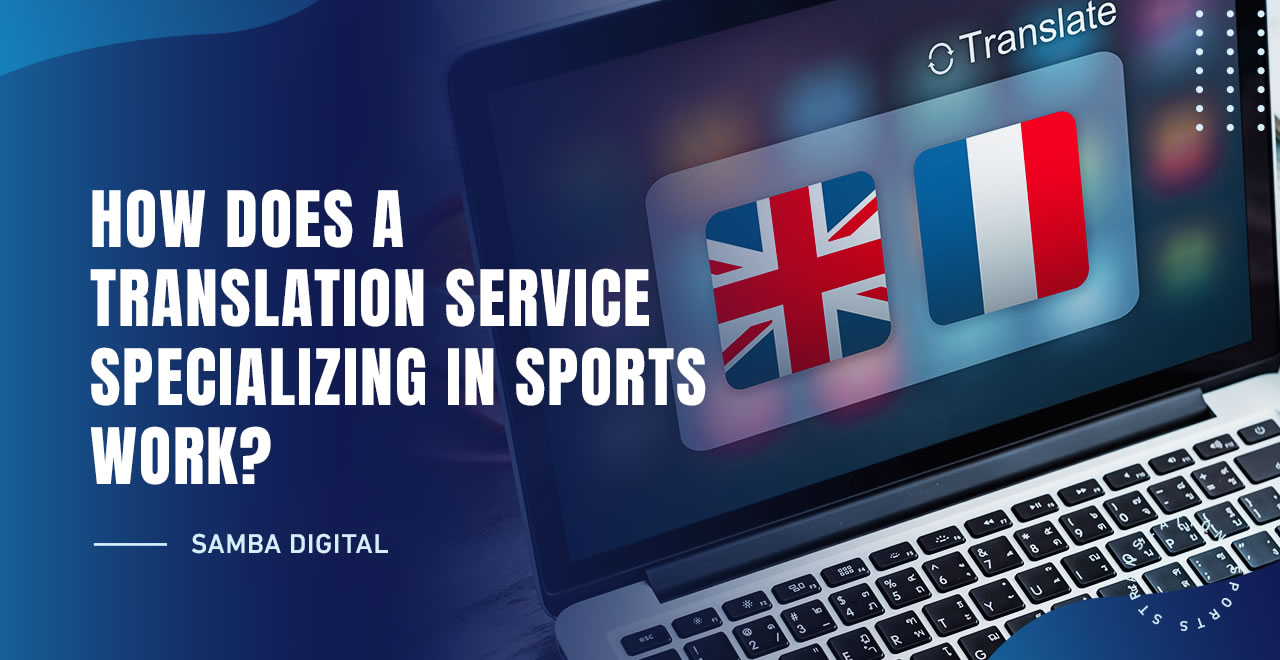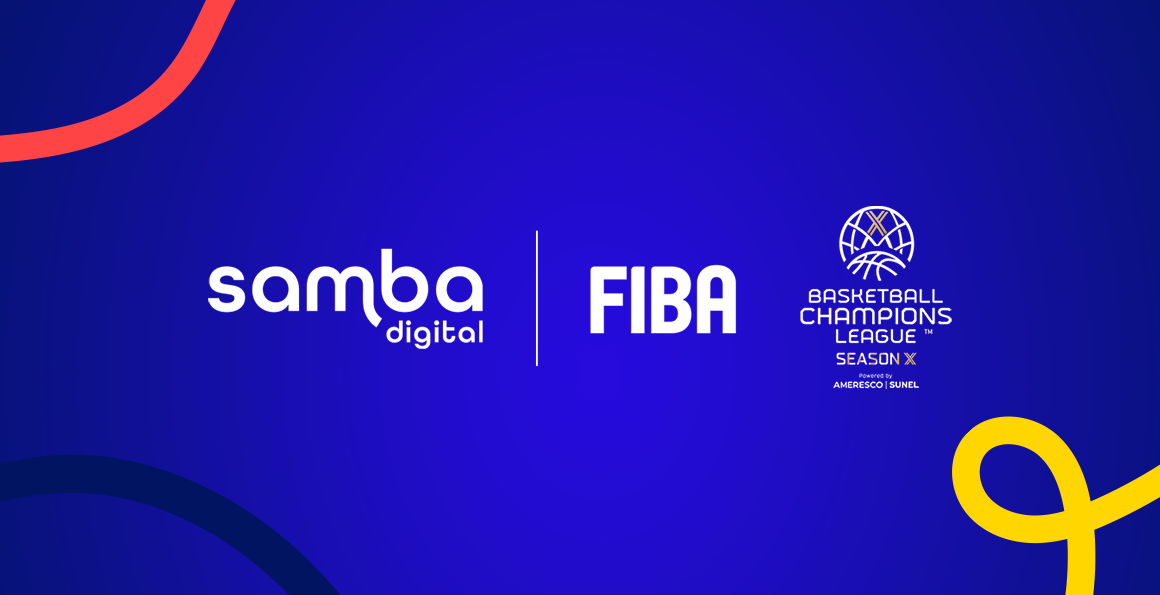How does a translation service specializing in sports work?

The world of sports is global. Nowadays, with the help of the Internet, it is possible to reach the other side of the globe without much effort. There are channels and ways to approach and gather fans to join your team or a competition. If your brand wants to become global, thinking and talking in different languages is essential. That is when a translation company jumps in to support you. But how does a translation service specializing in sports work? What are the critical components of this process, and why should you do it? We will answer these and other questions in the following topics.
Prepare what you need and how you need it
Get your team together before kicking off the translation process and build a plan. It is easy to get lost between content and projects, forgetting what are the key materials to be translated. Define what countries you want to be in, if English is acceptable or the local language is mandatory, how many translations you will need, and much more. Being prepared will save you not only time, but also funds to invest in other projects for your team or your campaign.
Reach out and provide more than the agency needs (if possible)
After making your first contact, booking a kick-off meeting is the first step in how a translation service specializing in sports works. This is the moment when you will discuss what you need, presenting all the materials you prepared on the topic above. In order to receive the best outcome in this service, provide everything you have and even more to support the translation team in doing their best job. Collect files, reference materials, style guides, local sources, and so on. Anything helps if you focus on the results.
Evaluating the proposal and closing a deal
Following the first meeting and with your material in hand, the translation service will get together to build you a proposal. Overall, it will cover the pre-translation, during-translation, and post-translation processes. Take a closer look at what will be done, added values, and evaluate if the proposed price fits your budget. Make sure to put proposals side by side, analyzing who is offering the best deal for you. The company’s reputation is also something you must consider before the final decision. Check reviews online, what previous clients have to say about them, and if there are certifications or prizes awarded to them.
What happens during the translation period?
After receiving your material and setting up the best team that will work on your project, the translation service company will kick things off. Please note that the delivery time is affected by the size of your project and the complexity of the content. During this moment, the experts will work on translating everything, doing review rounds before moving forward. Your company might get involved, receiving updates or participating in meetings to show how the translation is evolving. The best translation services will make sure to send the translated materials to different experts that will review and provide updates (if necessary). It is mandatory to do a proofreading check to ensure that no spelling, grammar, or other vital mistakes were made during the process. Finally, a QA round wraps things up before sending the results back to you.
Receiving the materials back and the post-translation process
The post-process is also a vital moment in how does a translation service specializing in sports work. That’s when you receive the materials in the format and method agreed-upon contract. Make sure to review all pages, and if there are any content that needs to be included, reach out to your translation service partner to point out the missing parts. They must stay close to you during this moment, until you give them the final OK, making sure that nothing will be left behind and that they are ready to act if you need their support. On the other hand, if everything is excellent, you can go ahead and start implementing the translated materials into the sources you defined previously (a blog post, website, etc).
Final evaluation and next steps
Now that the work is done and you have your translations ready, the final step is to evaluate the full process. Did everything run accordingly? If you had any bumps, how did the translation service work to turn things around? What is your satisfaction level, and how are your users reacting to the translated materials? These are vital questions to be answered while you are evaluating the chosen company to provide translations to you. And since sports is a global market, make sure to keep the new partner close for future opportunities and new languages!
Other News

Brazil emerges as a key market for FIFA, international clubs and digital sports strategy

Samba digital launches Fansights

News Tank interview: “Samba will serve as a bridge between European clients and the US market”

Samba Digital teams up with the Houston Texans to elevate Somos Texans across the U.S. and Mexico

The Kansas City Chiefs win Emmy Award for “Viva Chiefs’ Kingdom”

